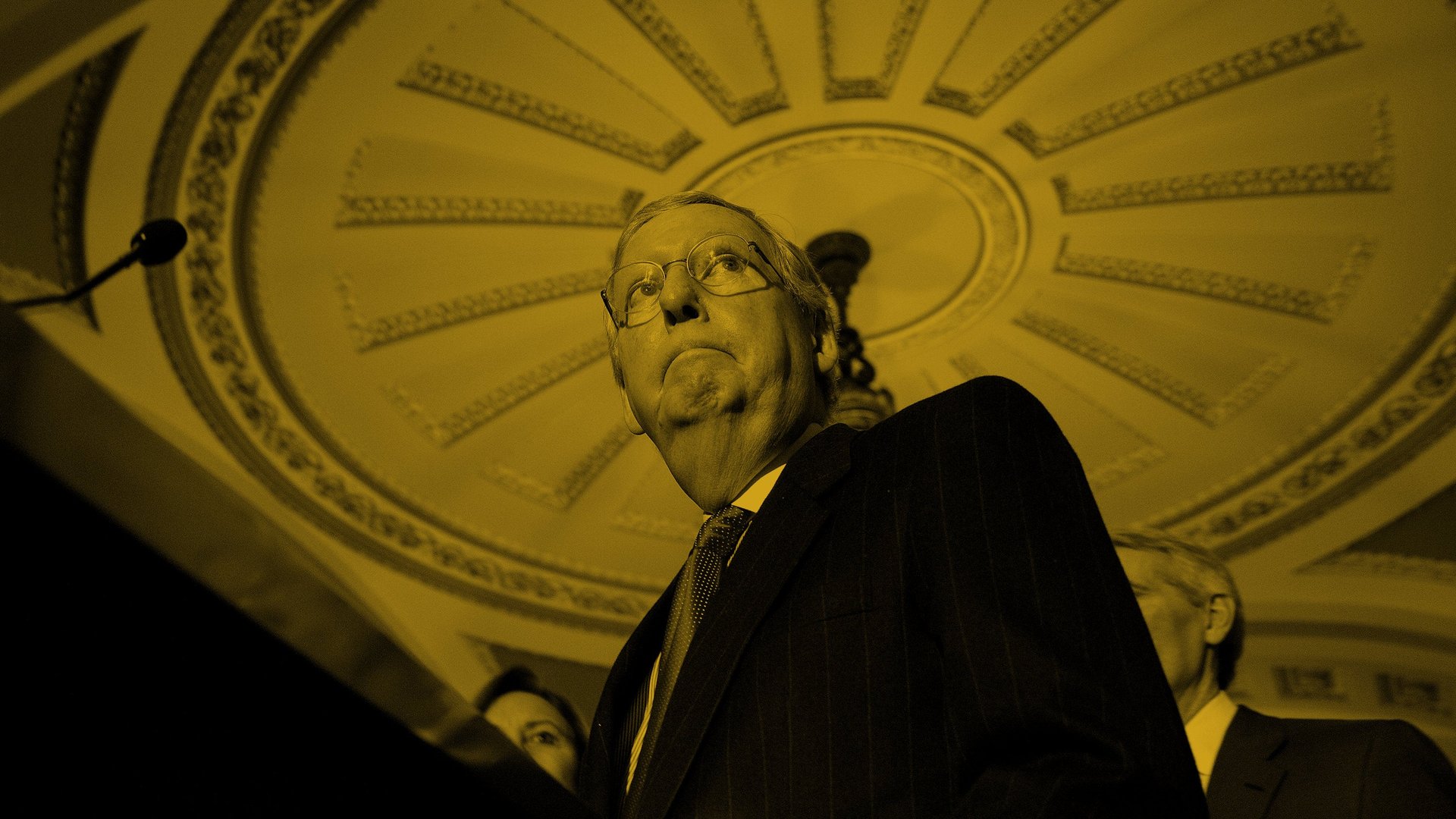When it comes to fighting ISIL, US legislators are phoning it in
Depending on who you ask, the United States is either on the long and patient road to eventually defeating the Islamic State (ISIL), or on a path that will inevitably result in stalemate.


Depending on who you ask, the United States is either on the long and patient road to eventually defeating the Islamic State (ISIL), or on a path that will inevitably result in stalemate.
Although a growing camp of congressional Democrats (and political strategists focused like a laser-beam on the 2016 presidential elections) are now beginning to openly question whether the Obama administration’s anti-ISIL strategy—which is largely a combination of air strikes, special operations raids, and training of local forces to do the fighting on the ground—is aggressive enough, a majority of the party continues to firmly believe that the White House is doing the best it can with a very bad hand.
Republicans, on the other hand, are both exacerbated by president Obama’s seemingly aloof and detached rhetoric of the threat posed, and upset that the administration appears unwilling to listen to views that buck conventional wisdom in the Oval Office. In typical GOP fashion, Senate majority leader Mitch McConnell used the first chance he had on the floor to lambast president Obama’s Sunday night address to the nation, calling it a “missed opportunity” to explain to the country why he has decided to adapt a war strategy that isn’t working well enough or fast enough. “The American people were looking for a serious strategy and a real vision last night,” McConnell remarked, “not a recap of an approach that hasn’t worked.”
Speaker of the House Paul Ryan’s press office didn’t mince words either. It took less than an hour before the top Republican in Congress issued a statement calling president Obama’s ISIL speech “disappointing: no new plan, just a half-hearted attempt to defend and distract from a failing policy.”
And yet, despite the constant carping from the sidelines and numerous speeches that GOP lawmakers have given on the floor, the Republican party leadership has failed to clearly articulate a detailed alternative strategy of its own outside of looser rules of engagement from the air and more US special-operations troops on the ground. If president Obama missed an opportunity Sunday night to educate the nation on why his approach is the most sustainable way to shrink ISIL’s territory, congressional Republicans are missing an opportunity of their own—establishing, through legislation yardsticks and policy statements, how Obama’s plan can be improved.
If the Senate Republican leadership has struggled to come up with its own focused plan, their colleagues on the other side of the aisle sense an opening. On Monday, Dec. 8, Senate minority leader Harry Reid briefly outlined a legislative package endorsed by the Democratic leadership that aims to complement the administration’s counter-ISIL campaign through offensive and defensive measures and improvements in the national-security bureaucracy.
“The consequences of inaction are too grave for us to waste time seeking political gains,” Reid said. “The security of our nation and the decimation of [ISIL] depends on the steps we take in this moment.”
At first glance, the series of proposals put forth by Senate Democrats are reasonable, straightforward, common-sense improvements that will bolster the country’s airport security through additional screening of airport employees; fix a visa waiver program that allows millions of Europeans to travel to the United States every year with just a passport; and tighten up intelligence cooperation and information sharing between Washington and its allies in the counter-ISIL coalition. Other ideas, like a proposal to ban people on the no-fly list from purchasing firearms and explosives, are a nonstarter for Republicans and have been blocked multiple times in both the House and the Senate.
Still others, like the establishment of an ISIL-war czar in the White House that would ensure that all agencies in the federal government responsible for executing the administration’s war strategy are working together smoothly, is an idea that has been authorized by the president already—just last week, the National Security Council’s top Middle East advisor, Robert Malley, was appointed as the senior advisor on all things ISIL. Passing legislation that would sanction individuals and financial organizations that provide any services to members of the Islamic State, which the Democratic package incorporates, is likely something that the US Treasury Department has been doing even before the first bombs were dropped on occupied Syria and Iraq 16 months ago.
Yet, in some respects, looking too deeply into the contents of the Democratic proposal misses the point. The overarching theme here—and one that congressional Republicans will need to respond to—is that Harry Reid’s caucus is trying to exhibit at plug some of the leadership gap that has been missing in Congress for nearly a year and a half. Whether or not the legislative package becomes law (the gun control, no fly-list provision has no chance with Republicans in the majority), Senate Democrats are now on the record brainstorming a series of refinements that they believe could bolster a strategy that a majority of Americans increasingly believe is lacking of vigor and coherence.
It will be up to GOP lawmakers to come forward with alternative legislation that would codify some of the very recommendations that ten Republican senators expressed in a letter to the president on Dec. 8. Only then can the bargaining begin.
Sixteen months into the war, Congress continues to avoid talking about a war resolution, despite repeated pleadings by the White House that a new authorization is politically necessary for the country, and grumblings from the rank-and-file in both political parties that America’s elected representatives need to begin demonstrating some real courage. Democrats and Republicans in Congress should at the very least work together on bills that could assist president Obama in implementing his war plans, instead of offering more empty criticisms.